Museum Folkwang Essen exhibition dates: 9th December 2016 – 19th February 2017
C/O Berlin exhibition dates: 10th December 2016 – 12th February 2017
Uschi Blume
From the series Worauf wartest Du? (What are you waiting for?)
1980
Silver gelatine print
27.3 x 40.3 cm
Museum Folkwang, Essen
© Uschi Blume
It’s so good to see these essential, vital, rebellious images from Germany as a counterpoint and “additional chapter to the history of West German photography of the time beyond that of the Düsseldorf School,” ie. the New Objectivity of Bernd and Hilla Becher with their austere “images of the water towers, oil refineries and silos of the fast-disappearing industrial landscape of the Ruhr valley.”
“A special artistic approach emerged from a dialog between renowned photographers and amateurs, between conceptual approaches and documentary narrations, between technical mediation and substantive critique and altered the styles of many photographers over time thanks to its direct access to their reality.”
I love the rawness and directness of these images. They speak to me through their colour, high contrast, frontality and narrative. A conversation in art and life from people around the world.
Dr Marcus Bunyan
Many thankx to Museum Folkwang Essen and C/O Berlin for allowing me to publish the photographs in the posting. Please click on the photographs for a larger version of the image. All photographs from The Rebellious Image exhibition unless it states differently underneath the photograph.
Michael Schmidt (German, 1945-2014)
Untitled, from the series Portrait
1983
© Stiftung für Fotografie und Medienkunst, Archiv Michael Schmidt
From the exhibition at C/O Berlin Kreuzberg – Amerika
Die Berliner Werkstatt für Photographie 1976-86
10th December 2016 – 12th February 2017
Michael Schmidt (German, 1945-2014)
Menschenbilder Ausschnite
1983/97
© Stiftung für Fotografie und Medienkunst, Archiv Michael Schmidt
From the exhibition at C/O Berlin Kreuzberg – Amerika
Die Berliner Werkstatt für Photographie 1976-86
10th December 2016 – 12th February 2017
Larry Fink (American, 1941-2023)
Peter Beard and friends
1976
From the series Black Tie
Gelatin silver print
35.8 x 36.4cm
© Larry Fink
Ursula Kelm (German, b. 1942)
Self portrait 4
1983
© Ursula Kelm
From the exhibition at C/O Berlin Kreuzberg – Amerika
Die Berliner Werkstatt für Photographie 1976-86
10th December 2016 – 12th February 2017
Wolfgang Eilmes (German, b. 1955)
From the series Kreuzberg
1979
© Wolfgang Eilmes
From the exhibition at C/O Berlin Kreuzberg – Amerika
Die Berliner Werkstatt für Photographie 1976-86
10th December 2016 – 12th February 2017
Wilmar Koenig (German, b. 1952)
Untitled, from the series Portraits, 1981-1983
© Wilmar Koenig
From the exhibition at C/O Berlin Kreuzberg – Amerika
Die Berliner Werkstatt für Photographie 1976-86
10th December 2016 – 12th February 2017
Michael Schmidt (German, 1945-2014)
Müller-/Ecke Seestraße
1976-1978
from the series Berlin-Wedding
1979
© Foundation for Photography and Media Art with Archive Michael Schmidt
From the exhibition at C/O Berlin Kreuzberg – Amerika
Die Berliner Werkstatt für Photographie 1976-86
10th December 2016 – 12th February 2017
Petra Wittmar (German, b. 1955)
From the series Medebach
1979-83
Gelatin silver print
Courtesy of the artist
© Petra Wittmar
Wendelin Bottländer
Untitled
1980
From the series Stadtlandschaften (City landscapes)
C-Print
24 x 30.2cm
Courtesy of the artist
© Wendelin Bottländer
Andreas Horlitz (German, 1955-2016)
Essen Frühling (Essen Spring)
1981
© Andreas Horlitz
The exhibition The Rebellious Image (December 9, 2016 – February 19, 2017) – part of the three-part collaborative project Werkstatt für Photographie 1976-1986 , held in association with C/O Berlin and Sprengel Museum Hannover – sheds light on this period of upheaval and generational change within German photography, focusing on the photography scene in Essen.
Towards the end of the 1970s, two developments took place in Essen: the first was a revolt, a search for a new path, for a ‘free’ form of artistic photography beyond the confines of photojournalism and commercial photography; the second was the institutionalisation of photography which occurred with the foundation of the Museum Folkwang’s Photographic Collection. Some 300 photographs and a range of filmic statements and documentary material help to bring this era of change and flux in the medium of photography back to life: showing the evolution of new visual languages which – in contrast to the Düsseldorf School’s aesthetics of distance ‘ placed an emphasis on colour, soft-focus blurring and fragmentation.
The show sets out from the climate of uncertainty that developed in the wake of the death of Otto Steinert in 1978, who, as a photographer, teacher and curator, had been particularly influential in Essen in the field of photojournalism. In the area of teaching, photographic design began to come to the fore, while with the founding of the Photographic Collection at Museum Folkwang under Ute Eskildsen, the institutionalisation of artistic photography began. Young students – among them, Gosbert Adler, Joachim Brohm, Uschi Blume, Andreas Horlitz and Petra Wittmar – developed a form of photography that was divorced from typical clichés and commercial utility. The impulse behind this development was provided by the Berlin-based photographer Michael Schmidt. In 1979 and 1980, he taught in Essen and fostered a close dialogue with the Berlin and American scenes.
Over seven chapters, The Rebellious Image traces the development of photography in the 1980s in Germany: the show presents the early alternative exhibitions of these young photographers and provides an insight into the formative projects of the first recipients of the Stipendium Für Zeitgenössische Deutsche Fotografie (German Contemporary Photography Award) awarded by the Alfried Krupp von Bohlen und Halbach-Stiftung. It shows how these young photographic artists refined topographic and documentary photography through their work with colour and their deliberate adoption of the anti-aesthetics of amateur photography. The Rebellious Image reflects on the debates and themes of the exhibition Reste Des Authentischen: Deutsche Fotobilder der 80er Jahre (The Remains of Authenticity: German Photography in the 80s). The largest and most ambitious photographic exhibition of this era, it took place in 1986 at the Museum Folkwang. This exhibition brought together representatives of the Berlin Werkstatt für Photographie, graduates of the Essen School and artists from the Rhineland who were united by their postmodern conception of reality. As such, The Rebellious Image presents a different, subjective perspective, which developed parallel to the objectivising style of the Düsseldorf School and their aesthetic of the large-format images.
The exhibition brings together important and rarely exhibited groups of works by former students in Essen such as Gosbert Adler, Volker Heinze, Joachim Brohm, Uschi Blume, Andreas Horlitz and Petra Wittmar. References to the American photography of the time – such as Stephen Shore, Larry Fink, Diane Arbus, Larry Clark or William Eggleston – make the preoccupations of this young scene apparent. In addition, with works by Michael Schmidt, Christa Mayer and Wilmar Koenig, members of the Berlin Werkstatt für Photographie are also represented.”
Press release from Museum Folkwang Essen
C/O Berlin is presenting the exhibition Kreuzberg – Amerika from December 10th, 2016 to February 12th, 2017. The exhibition is part of the project about the Werkstatt für Photographie 1976-1986, in which C/O Berlin, the Museum Folkwang Essen and the Sprengel Museum Hannover are presenting the history, influences and effects of the legendary Berlin-based photographic institute and its key players in an intercity cooperation.
“We try to help students to recognise or even find their personality, where photography becomes irrelevant with regard to its commercial applicability.” ~ Michael Schmidt, 1979
Starting in the 1970s, a unique departure in photography took place in Germany. A younger generation in various initiatives quickly established a new infrastructure for a different perspective on photography and consciously defined the medium as an independent art form – to this very day. The Werkstatt für Photographie (Workshop for Photography), founded in Berlin by Michael Schmidt in 1976, is one of these innovative models and as an institution was completely unique. That’s because it offered an openly accessible cultural production and intensified adult education beyond academic hurdles and without access limitations. A special artistic approach emerged from the unconventional dialog between renowned photographers and amateurs, between technical mediation and substantive critique as well as on the basis of documentary approaches. Its special access to reality defined styles for a long time. The Werkstatt für Photographie reached the international level through exhibitions, workshops and courses and established itself as an important location for the transatlantic photographic dialog between Kreuzberg, Germany and America. A unique and pioneering achievement!
In the beginning of the Werkstatt für Photographie, a strict documentary perspective prevailed that was based on the neutral aesthetic of the work of Michael Schmidt and concentrated on the blunt representation of everyday life and reality in a radical denial of common photographic norms. He and the young photographer scene later experimented with new forms of documentary that emphasised the subjective view of the author. They discovered colour as an artistic form of expression and developed an independent, artistic authorship with largely unconventional perspectives.
The Werkstatt für Photographie offered anyone who was interested a free space to develop their artistic talents. In addition to its open, international and communicative character, it was also a successful model for self-empowerment that at the same time was characterised by paradoxes. That’s because the vocational school set in the local community developed into a lively international network of contemporary photographers. The students were not trained photographers but rather self-taught artists and as such had a freer understanding of the medium than their professional counterparts. Moreover, the majority of teachers had no educational training but were all active in the context of adult education. At that time, there were also no curators for photography in Germany but the Werkstatt für Photographie were already independently hosting exhibitions alternating between unknown and renowned photographers…
On the occasion of the 40th anniversary of the Werkstatt für Photographie, C/O Berlin, the Museum Folkwang Essen and the Sprengel Museum Hannover are presenting a joint exhibition project, which for the first time portrays the history, influences and effects of this institution and its key players divided between three stages. Furthermore, the three stages outline the situation of a changing medium, which focuses on independent, artistic authorship encouraged by consciousness of American photography. As such, they’re designing a lively and multi-perspective presentation of photography in the 1970s and 1980s that adds an additional chapter to the history of West German photography of the time beyond that of the Düsseldorf School.
Text from the C/O Berlin website
Photography workshop 1976-1986. The beginnings / How it began. Part 1
On the occasion of the 40th anniversary of the workshop for photography, C/O Berlin, the Museum Folkwang, Essen, and the Sprengel Museum Hannover are presenting a joint exhibition project that describes the career of this institution and its actors for the first time. In addition, the three stations outline the situation of a medium on the move that – encouraged by the self-confidence of American photography – relies on independent, artistic authorship. The exhibitions create a lively, multi-perspective image of photography from the 1970s and 1980s, which adds another chapter to the history of West German photography at the time, in addition to the Düsseldorf School.
Andreas Langfeld studied photography at the Folkwang University in Essen. He is a freelance photographer and filmmaker. Svenja Paulsen is a scholarship holder in the Museum Curators for Photography program of the Alfried Krupp von Bohlen und Halbach Foundation. Between February and October 2016, on the occasion of the exhibition cooperation between C/O Berlin, Museum Folkwang and Sprengel Museum at the workshop for photography, they conducted interviews with the photographers involved.
Photography workshop 1976-1986. The Americans. Part 2
Photography workshop 1976-1986. Essen. Part 3
Photography workshop 1976-1986. Michael Schmidt. Part 4
Photography workshop 1976-1986. Hanover. Part 5
Andreas Gursky (German, b. 1955)
Düsseldorf, Terrace
1980
C-Print
43.2 x 49.4cm
© Andreas Gursky, VG Bild-Kunst, Bonn 2017
Courtesy of the artist + Sprüth Magers
Joachim Brohm (German, b. 1955)
Revierpark Nienhausen, Gelsenkirchen
Parking area Nienhausen, Gelsenkirchen
1982
From the series Ruhr, 1980-1983
C-Print
22.2 x 27.2 cm
© Joachim Brohm
© VG Bild-Kunst, Bonn 2017
Reining in the picture
Joachim Brohm
Born in Dülken, Brohm studied at the Gesamthochschule, Essen and was one of the few photographers who used colour photography in the late 1970s. In his series Ruhr he tries to create a new view of the Ruhr area through the occasional recording of urban space. Brohm’s approach coincides with the claim of the then current “New Topographics” to capture the social reality in the direct environment in a documentary style. In the German-speaking photo landscape here he took a leading role.
Larry Fink (American, 1941-2023)
New York Magazine Party, New York City, October 1977
1977
From the series Social Graces
1984 © Larry Fink
From the exhibition at C/O Berlin Kreuzberg – Amerika
Die Berliner Werkstatt für Photographie 1976-86
10th December 2016 – 12th February 2017
William Eggleston (American, b. 1939)
Whitehaven, Mississippi
1972
© William Eggleston, Courtesy Laurence Miller Gallery, New York
From the exhibition at C/O Berlin Kreuzberg – Amerika
Die Berliner Werkstatt für Photographie 1976-86
10th December 2016 – 12th February 2017
Gosbert Adler (German, b. 1956)
from the series Ohne Titel
1982-83
© VG Bild-Kunst, Bonn 2016
William Eggleston (American, b. 1939)
Memphis
1970
Dye-Transfer
33.5 x 51.5cm
© Eggleston Artistic Trust, Memphis
Wilmar Koenig (German, b. 1952)
Floating Chair
1984
From the series Die Wege (The Ways)
C-Print
162 x 126.8cm
Courtesy Berlinische Galerie, Berlin
© Wilmar Koenig
The working-class district of Kreuzberg at the end of the 1970s on the outer edge of West Berlin – and yet the lively centre of a unique transatlantic cultural exchange. In the midst of the Cold War, the newly founded Werkstatt für Photographie (Workshop for Photography) located near Checkpoint Charlie started an artistic “air lift” in the direction of the USA, a democratic field of experimentation beyond traditional education and political and institutional standards. A special artistic approach emerged from a dialog between renowned photographers and amateurs, between conceptual approaches and documentary narrations, between technical mediation and substantive critique and altered the styles of many photographers over time thanks to its direct access to their reality. The Werkstatt für Photographie reached the highest international standing with its intensive mediation work through exhibitions, workshops, lectures, image reviews, discussions and specialised courses.
In 1976, the Berlin-based photographer Michael Schmidt founded the Werkstatt für Photographie at the adult education centre in Kreuzberg. Its course orientation with a focus on a substantive examination of contemporary photography was unique and quickly lead to a profound understanding of the medium as an independent art form. When the institution was closed in 1986, it fell into obscurity.
On the occasion of the 40th anniversary of the Werkstatt für Photographie, C/O Berlin, the Museum Folkwang Essen and the Sprengel Museum Hannover are presenting a joint exhibition project, which for the first time portrays the history, influences and effects of this institution and its key players divided between three stages. Furthermore, the three stages outline the situation of a changing medium, which focuses on independent, artistic authorship encouraged by consciousness of American photography. As such, they’re designing a lively and multi-perspective presentation of photography in the 1970s and 1980s that adds an additional chapter to the history of West German photography of the time beyond that of the Düsseldorf School.
C/O Berlin is addressing the history of the Werkstatt für Photographie in its contribution entitled Kreuzberg – Amerika (December 10, 2016 – February 12, 2017). Within the context of adult education, a unique forum for contemporary photography emerged. A special focus is placed on the exhibitions of the American photographers that were often presented in the workshop for the first time and had an enormous effect on the development of artistic photography in Germany. The exhibition combines the works of faculty, students and guests into a transatlantic dialogue.
The Museum Folkwang in Essen is exploring the reflection of the general change of those years in its own Folkwang history with its work entitled The Rebellious Image (December 9, 2016 – February 19, 2017). After the death of the influential photography teacher Otto Steinerts in 1978, a completely open and productive situation of uncertainty reigned. Essen became more and more of a bridgehead for the exchange with Berlin and a point of crystallisation for early contemporary photography in the Federal Republic. Along with Michael Schmidt, who made provocative points during his time as a lecturer at the GHS Essen, Ute Eskildsen counted among the key players at Museum Folkwang as a curator. Early photography based in Essen addressed urbanity and youth culture, discovered colour as a mode of artistic expression, asked questions following new documentarian approaches, authentic images and attitudes and contrasted the objective distance of the Düsseldorf School with a research-based and subjective view.
The Sprengel Museum Hannover complements both exhibitions with a perspective in which the focus rests on publications, institutions and exhibitions that encouraged the transatlantic exchange starting in the mid 1960s. Using outstanding examples And Suddenly this Expanse (December 11, 2016 – March 19, 2017) tells of the development of the infrastructure that laid the foundation for and accompanied the context of the documentarian approach. The photo magazine Camera also takes on an equally central role as the founding of the first German photo galleries such as Galerie Wilde in Cologne, Lichttropfen in Aachen, Galerie Nagel in Berlin and the Spectrum Photogalerie initiative in Hanover. The documenta 6 from 1977 and the photo magazines that emerged in the 1970s, particularly Camera Austria, have separate chapters devoted to them.
Werkstatt für Photographie 1976-1986
A cooperation between C/O Berlin, Museum Folkwang, Essen, and Sprengel Museum Hannover
Sprengel Museum Hannover
And Suddenly this Expanse
December 11, 2016 – March 19, 2017
www.sprengel-museum.de
C/O Berlin
Kreuzberg – Amerika
Werkstatt für Photographie 1976-86
December 10, 2016 – February 12, 2017
www.co-berlin.org
Text from the Museum Folkwang Essen website
Larry Clark (American, b. 1943)
Untitled
1971
From the series Tulsa
Silver gelatin print
© Larry Clark, Courtesy of the artist and Luhring Augustine, New York
From the exhibition at C/O Berlin Kreuzberg – Amerika
Die Berliner Werkstatt für Photographie 1976-86
10th Dezember 2016 – 12th February 2017
Camera Nr. 8, August 1970
1970
C. J. Bucher Verlag Luzern, Schweiz,
Title: John Gossage, Kodak TRI-X
Sprengel Museum Hannover
From the exhibition at Sprengel Museum Hannover And Suddenly this Expanse
December 11, 2016 – March 19, 2017
Gosbert Adler (German, b. 1956)
Untitled
1982
C-Print
38.4 x 29cm
© Gosbert Adler
© VG-Bild-Kunst, Bonn 2017
Volker Heinze (German, b. 1962)
Bill Eggleston
1985
C-Print
85 x 62cm
© Volker Heinze
Christa Mayer (German, b. 1945)
Untitled
1983
From the series Abwesende, Porträts aus einer psychatrischen Langzeitstation (Absentees, Portraits from a long term psychiatric ward)
Gelatin silver print
28.3 x 28.1cm
© Christa Mayer, VG Bild-Kunst, Bonn 2017
From the exhibition at C/O Berlin Kreuzberg – Amerika
Die Berliner Werkstatt für Photographie 1976-86
10th Dezember 2016 – 12th February 2017
Museum Folkwang
Museumsplatz 1, 45128 Essen
Opening hours:
Tue, Wed 10am – 6pm
Thur, Fri 10am – 8pm
Sat, Sun 10am – 6pm
Mon closed
C/O Berlin
Hardenbergstraße 22-24, 10623 Berlin
Opening hours:
Daily 11 am – 8 pm
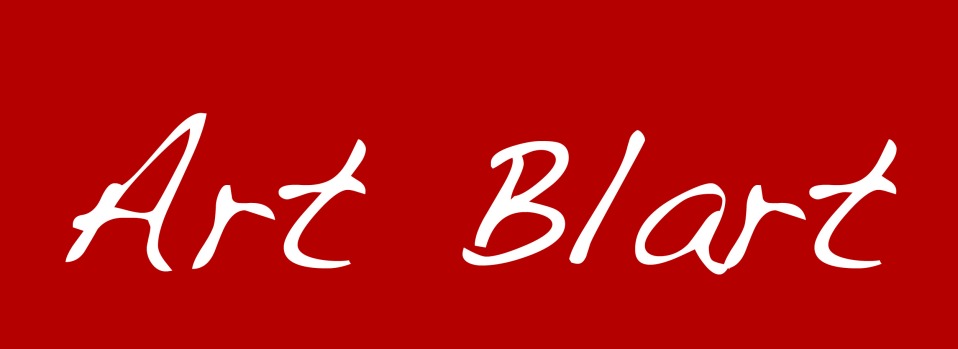
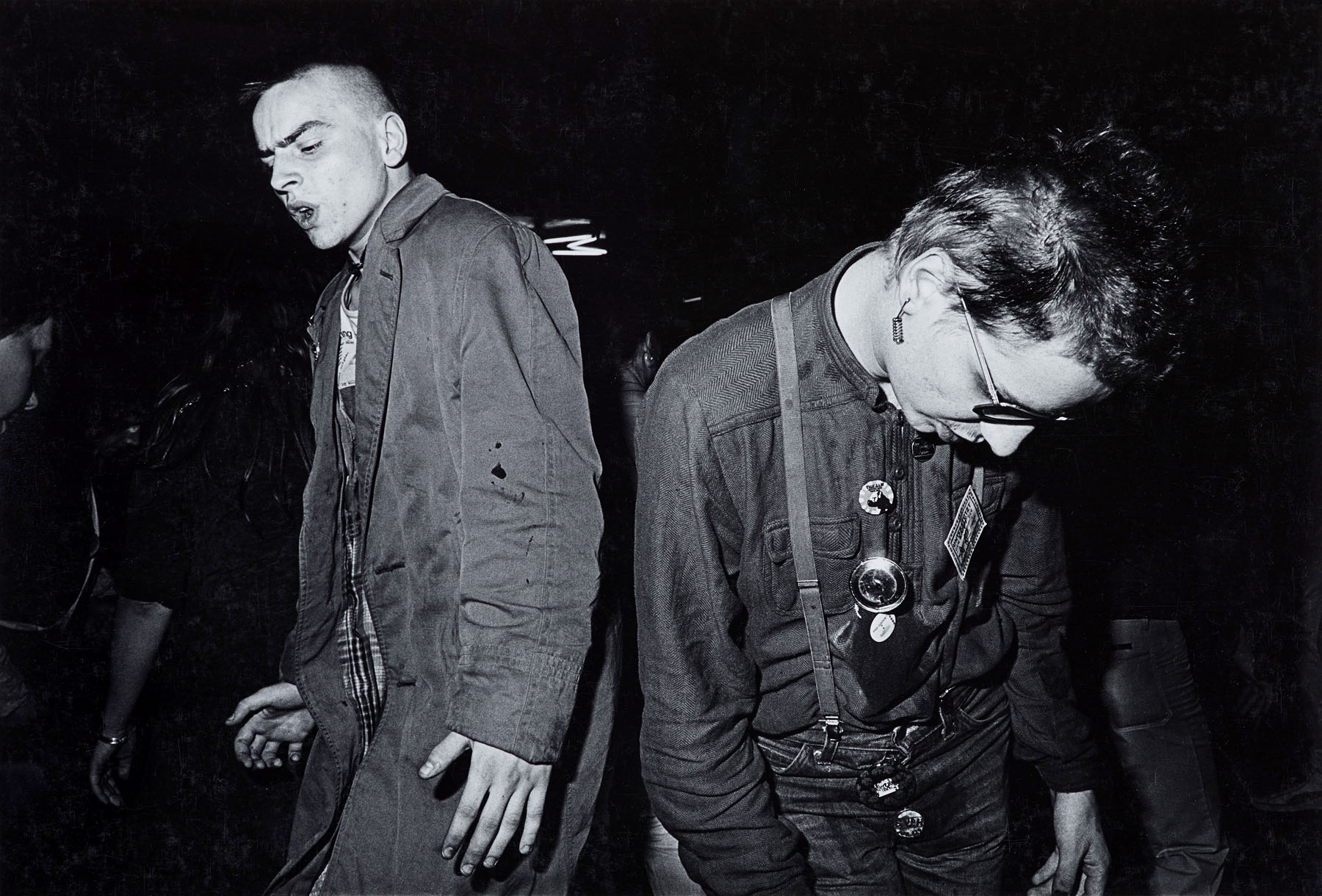
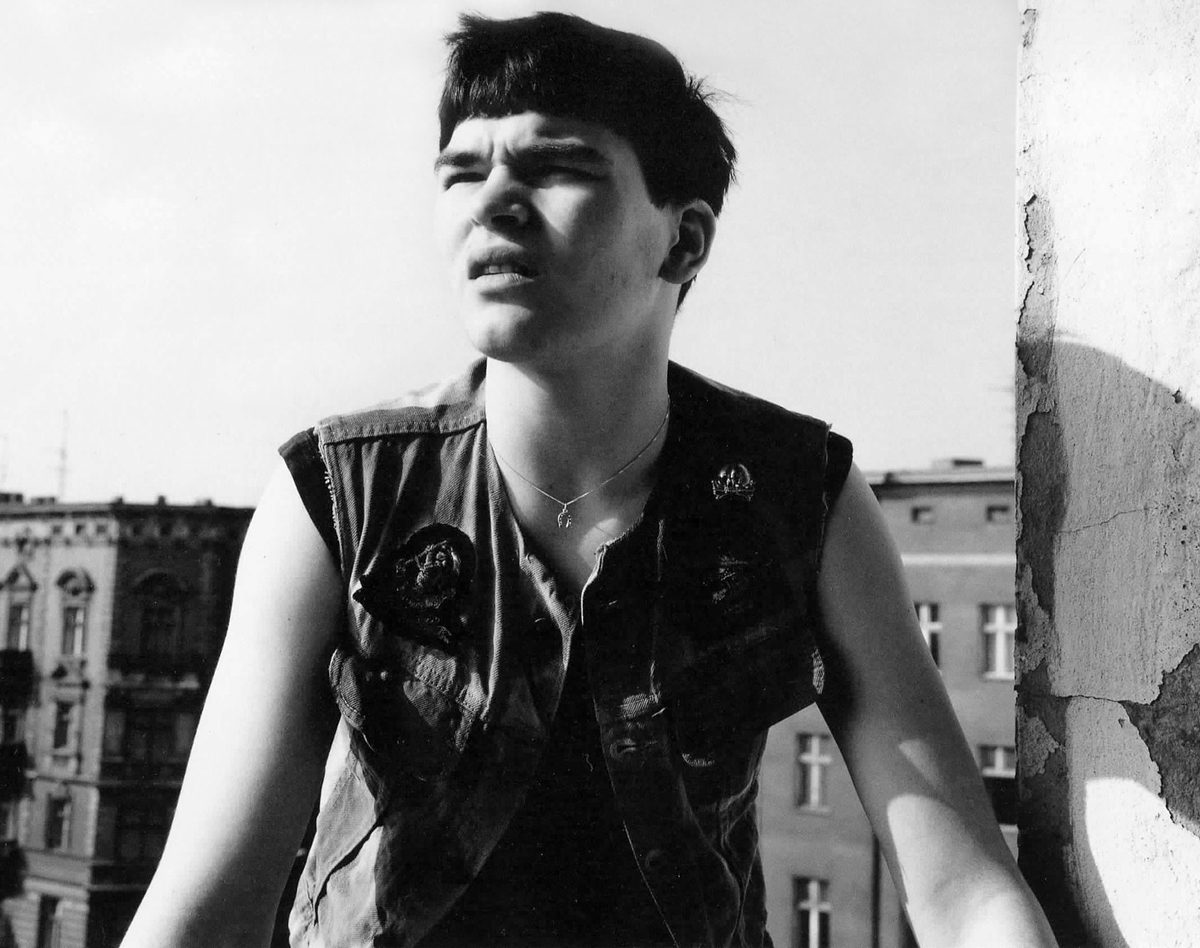
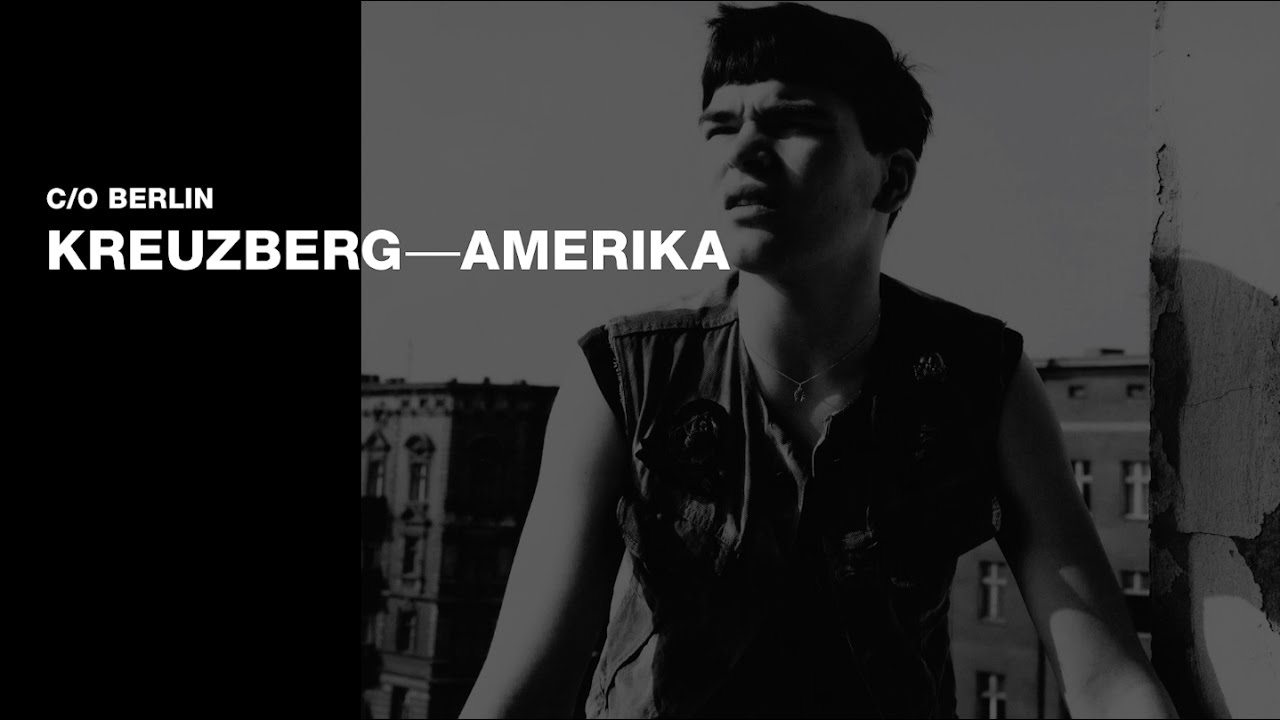
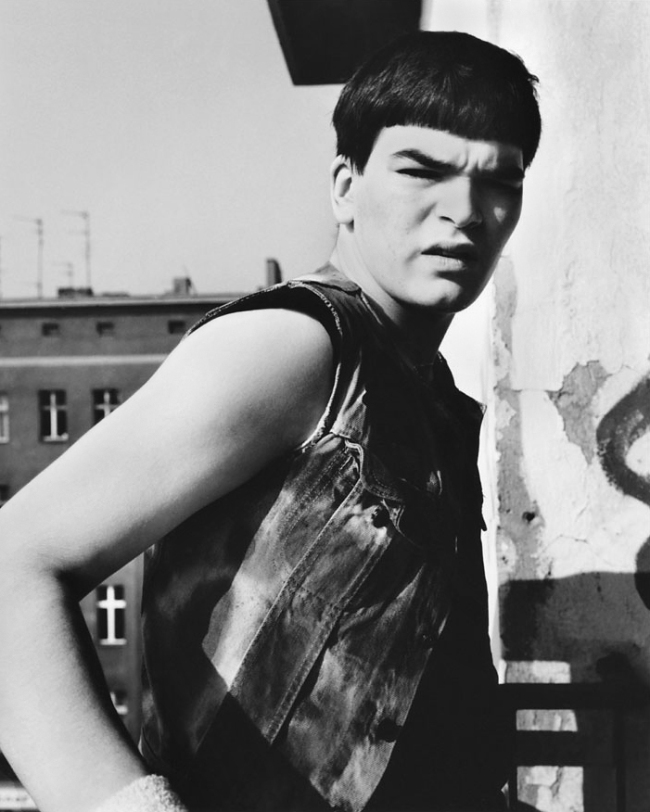
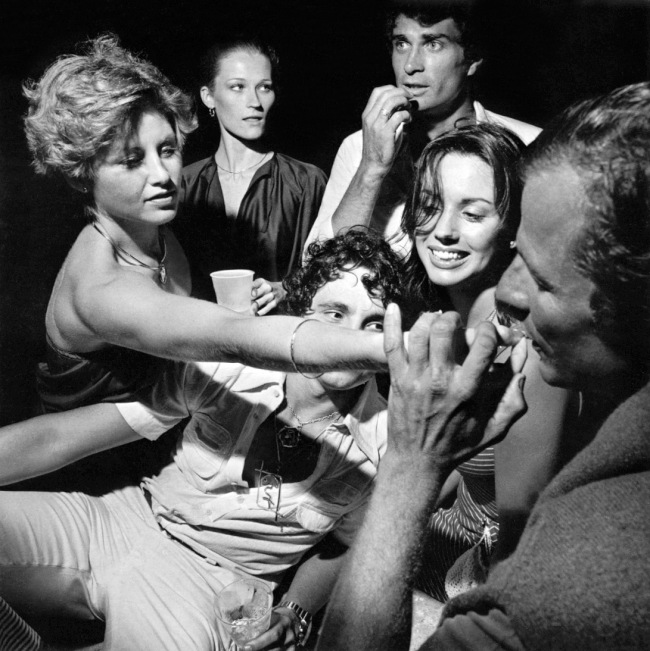
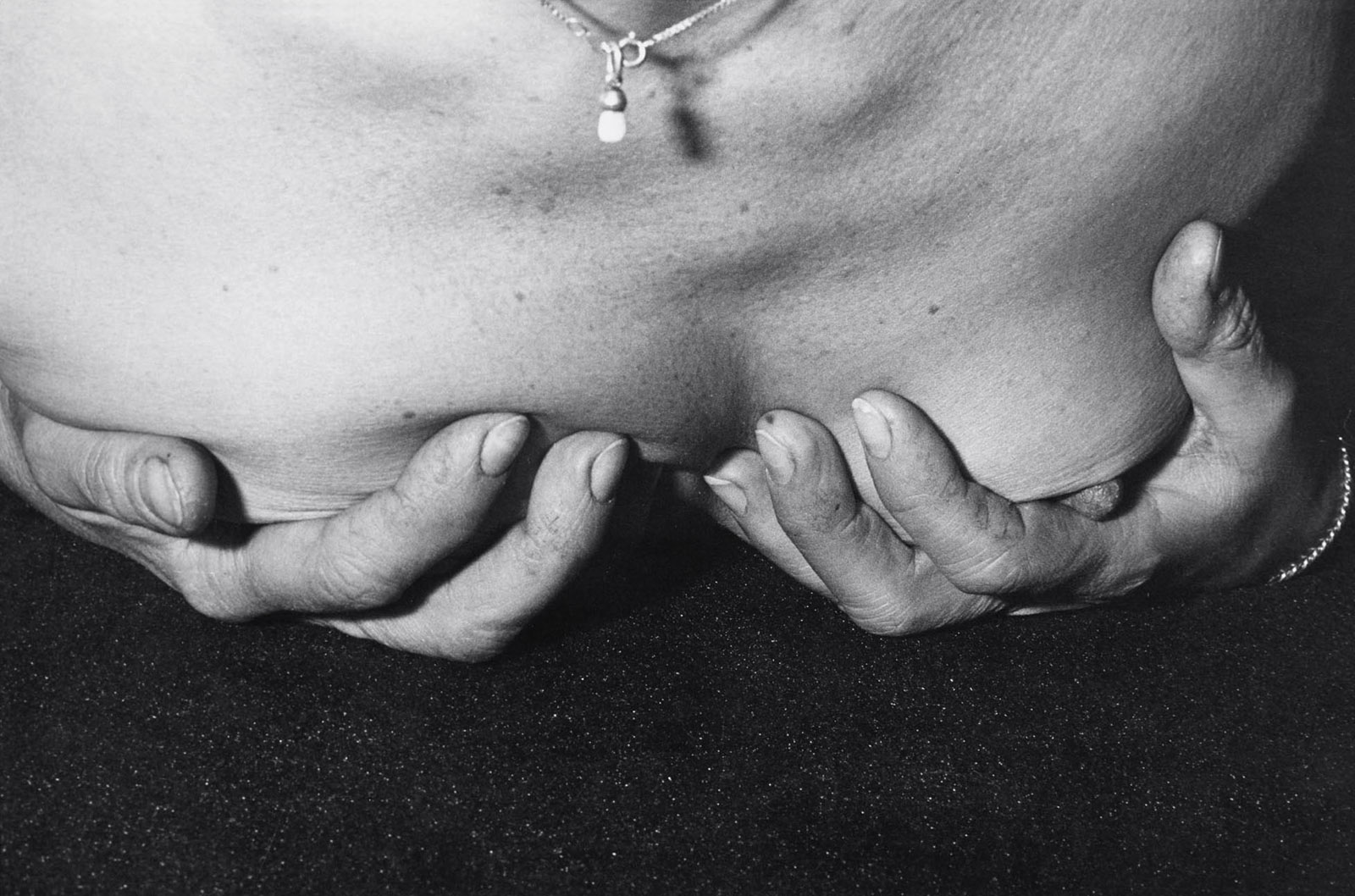
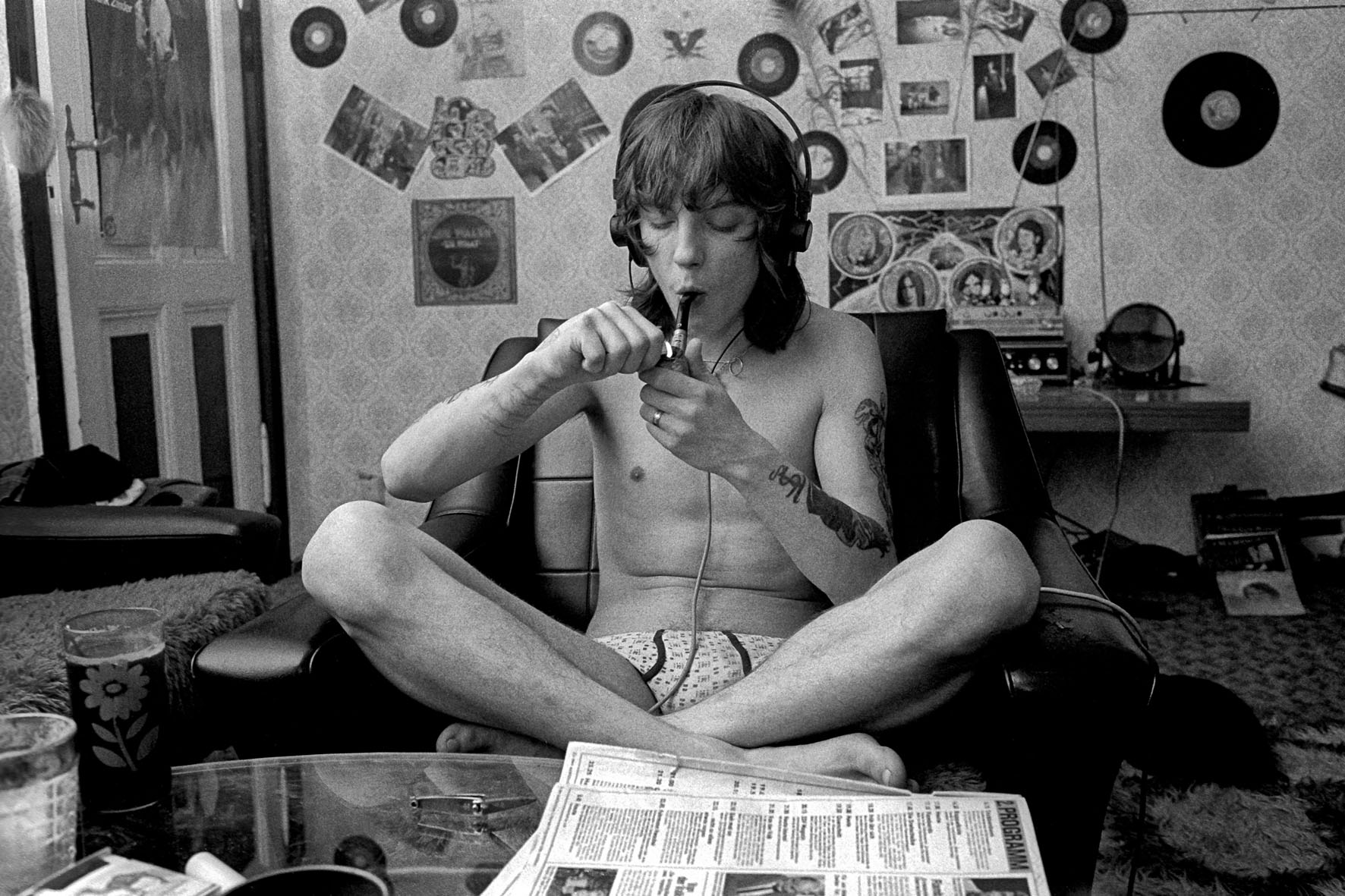

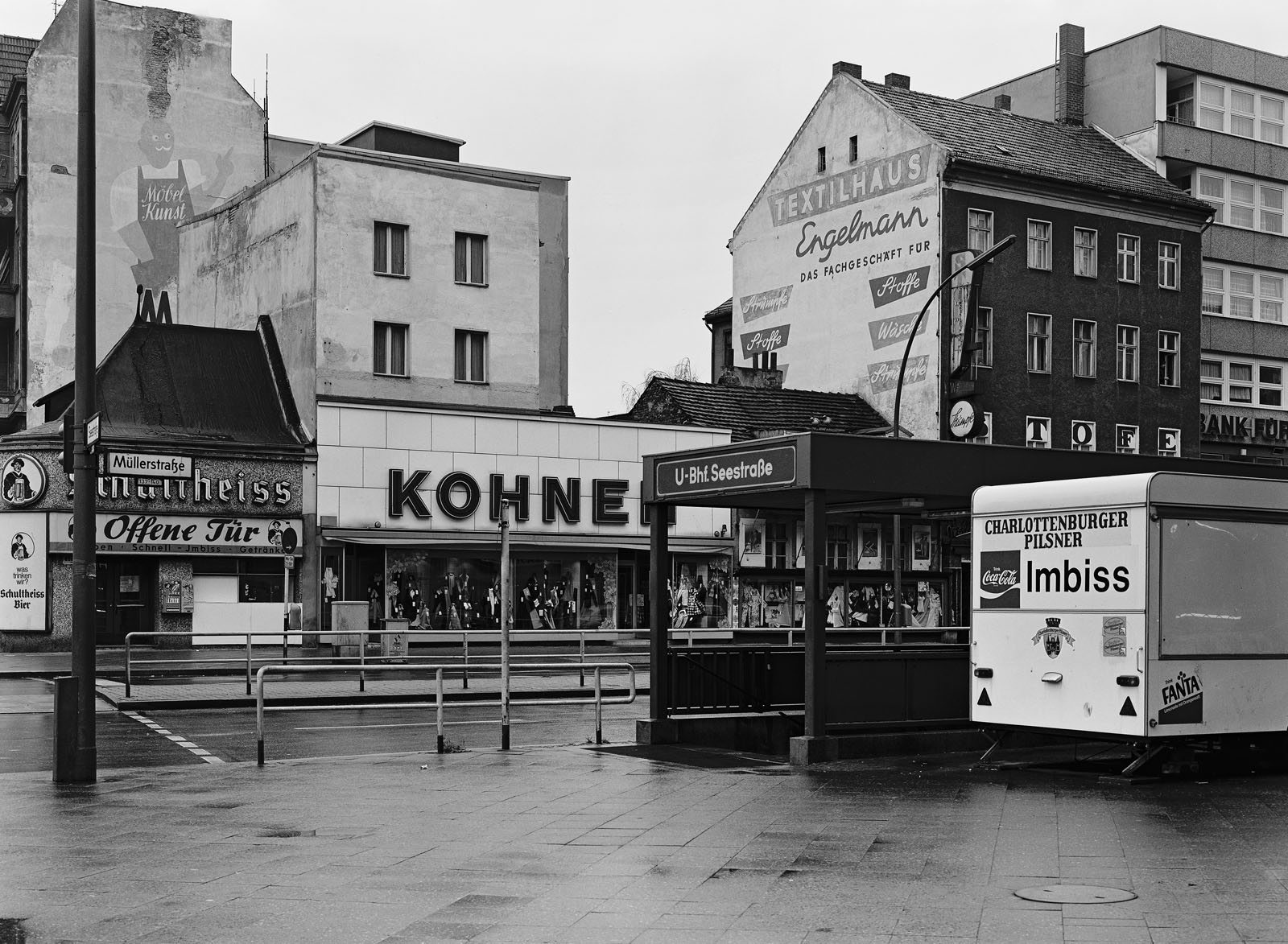
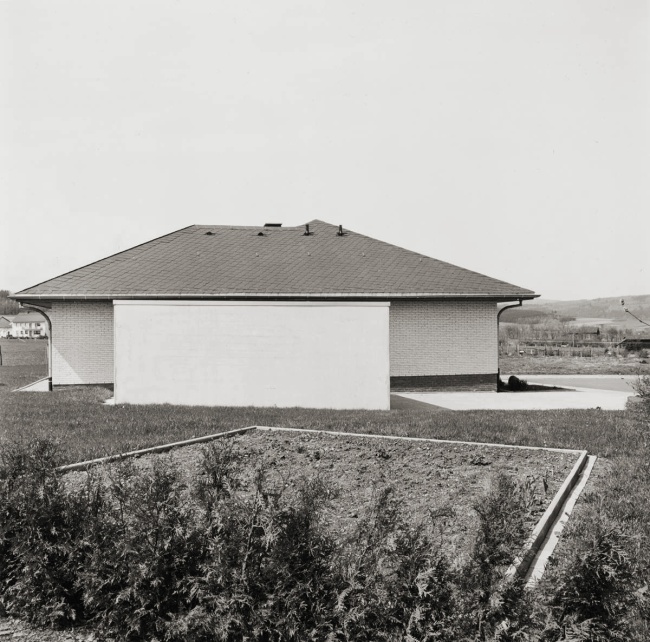
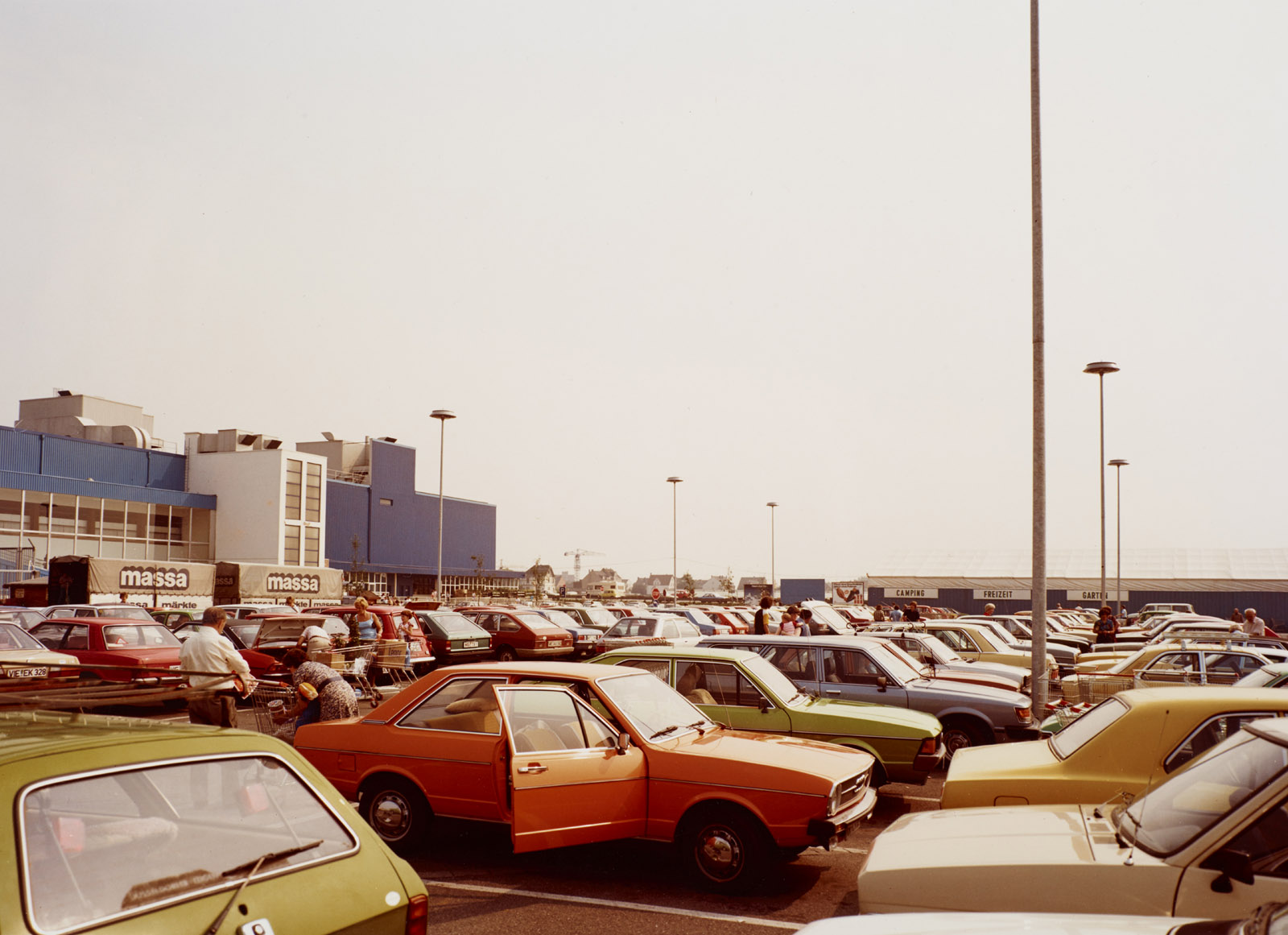
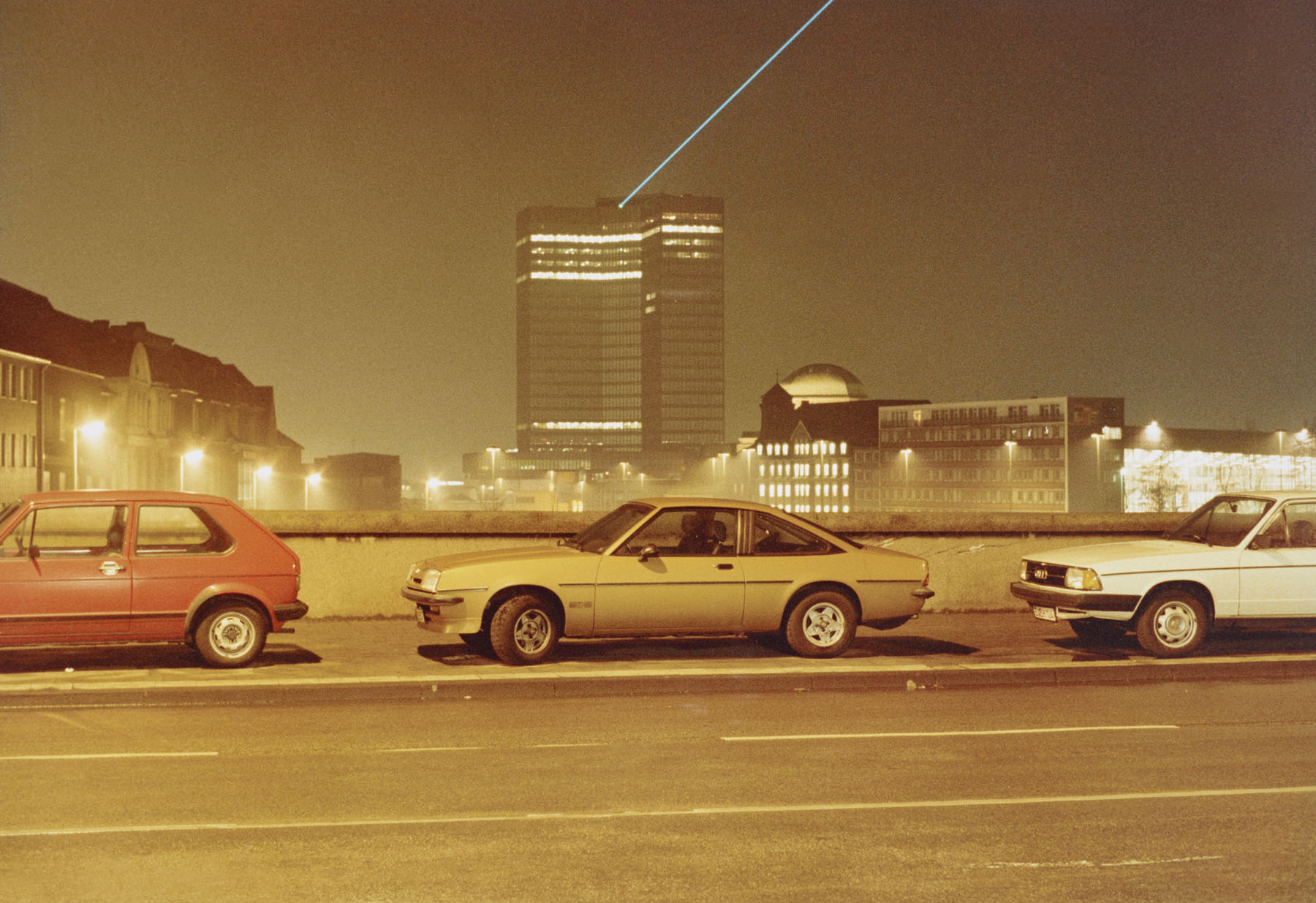
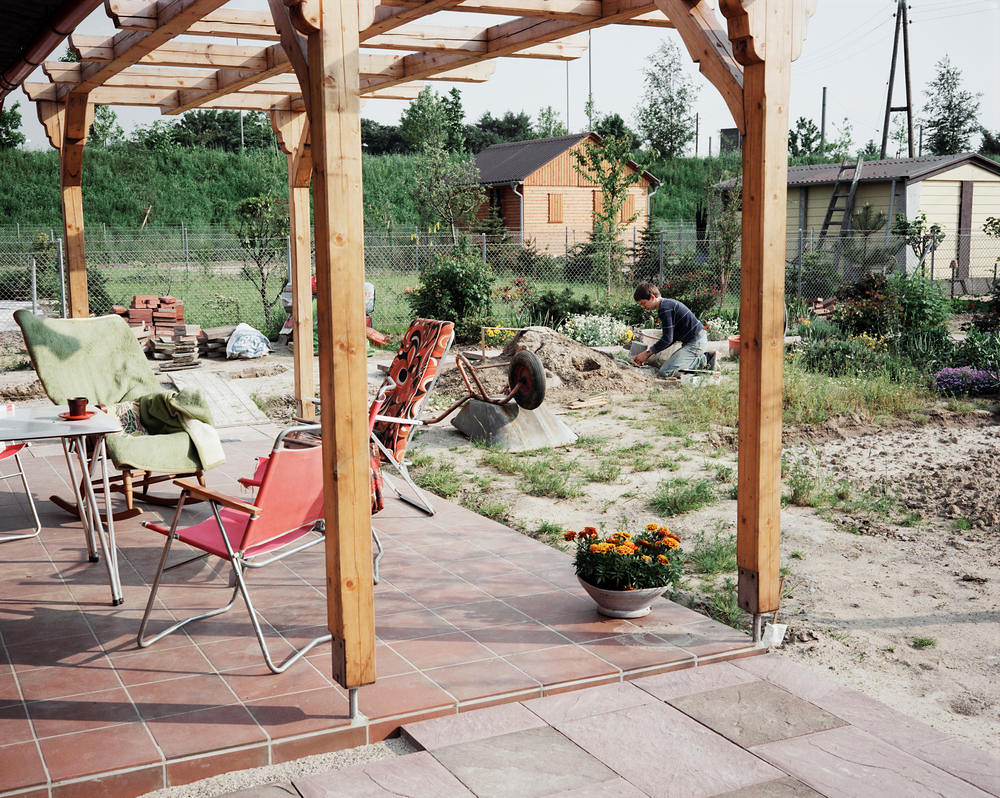

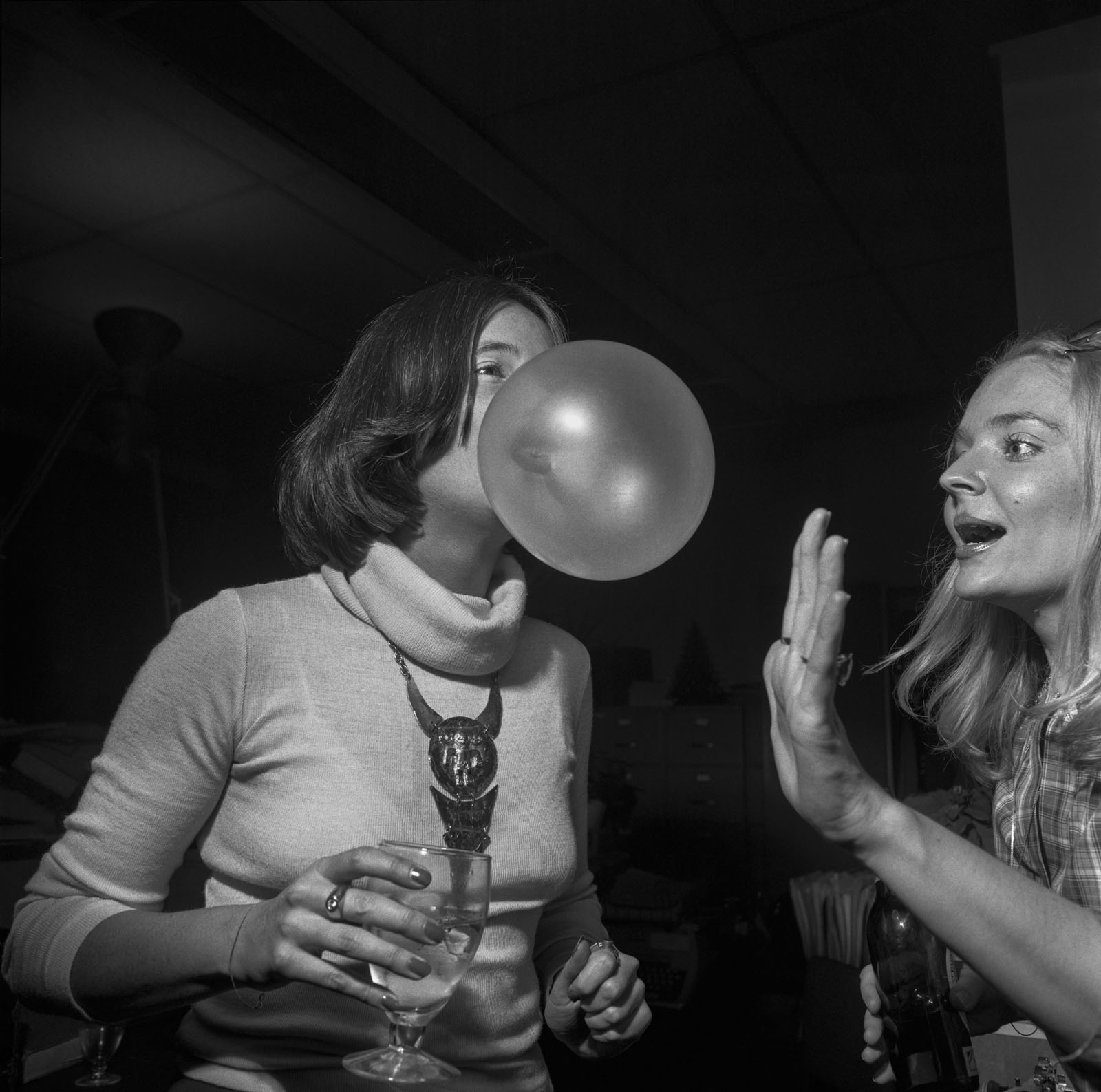
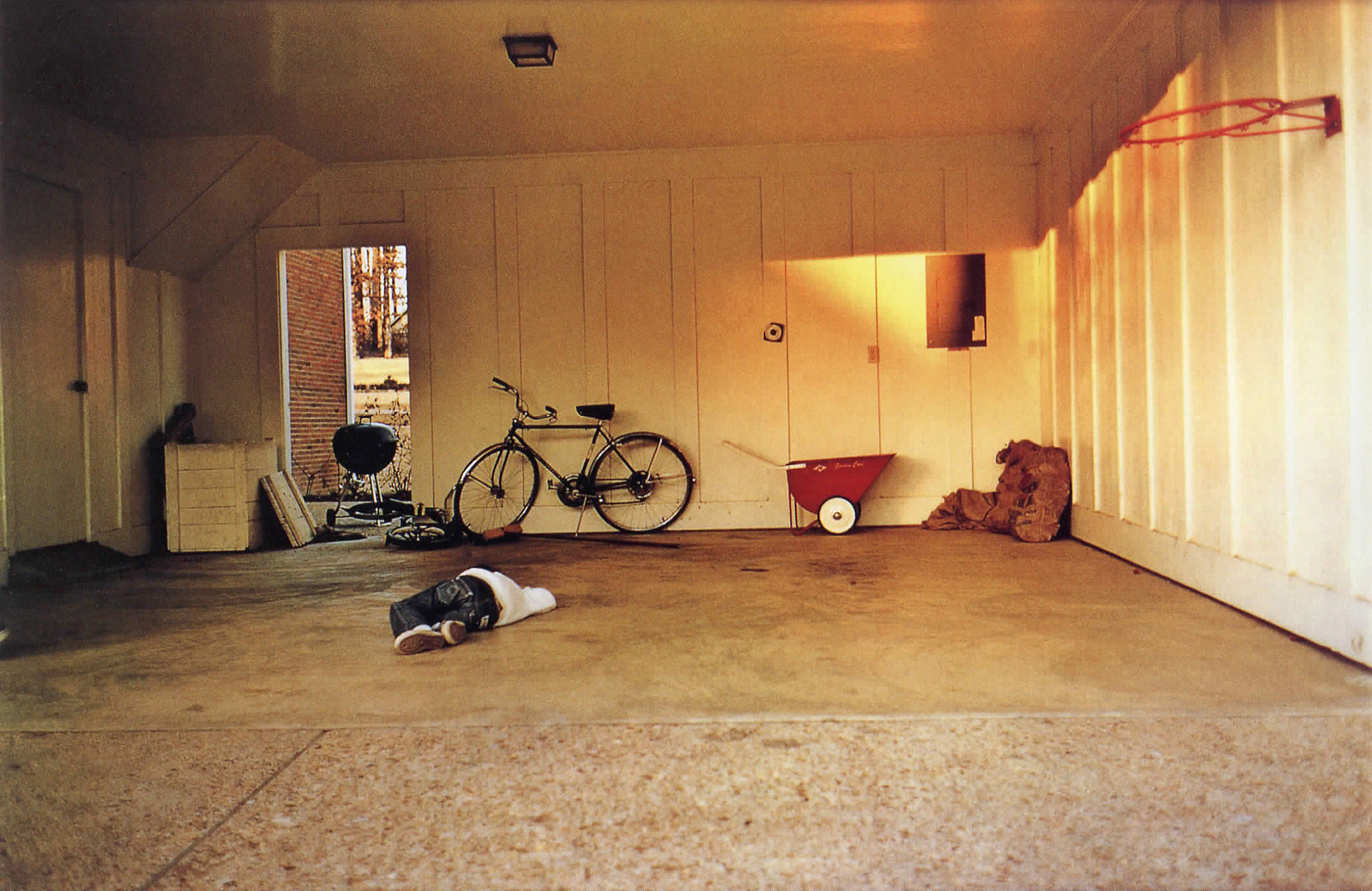
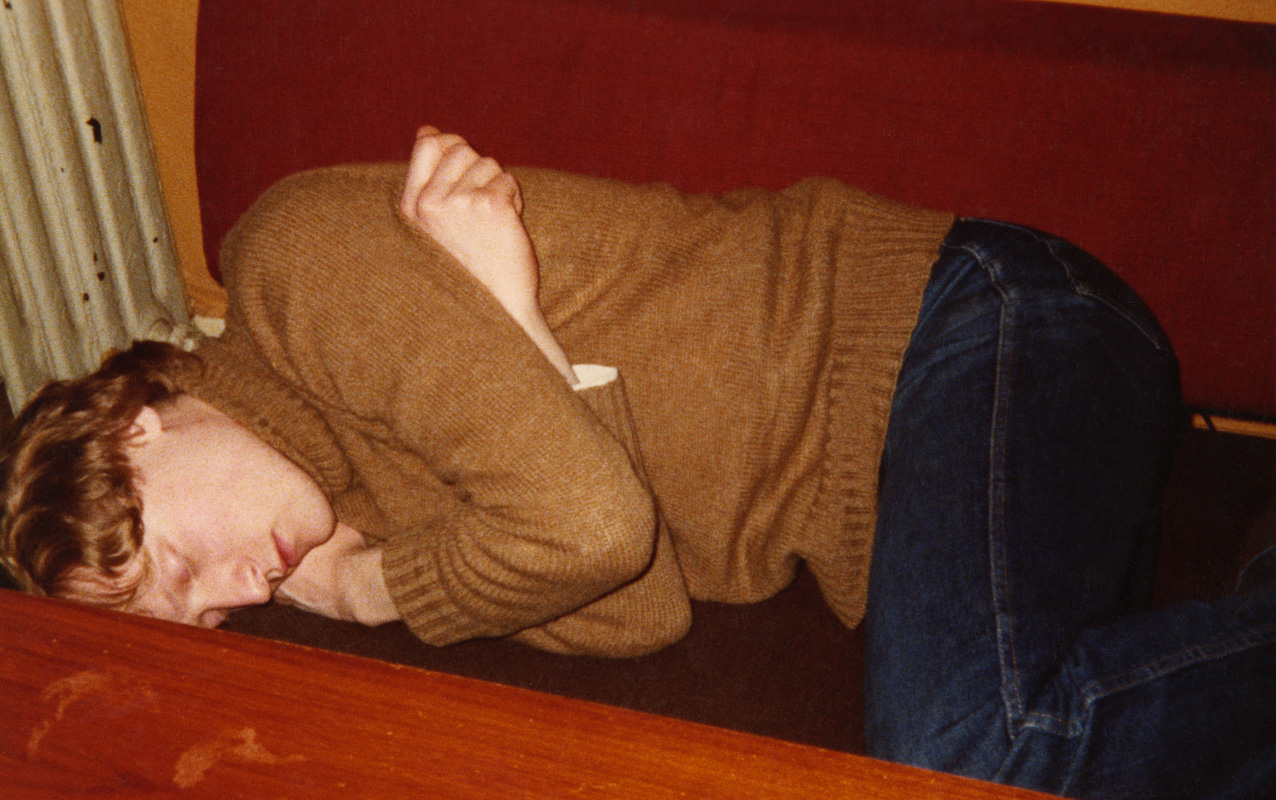
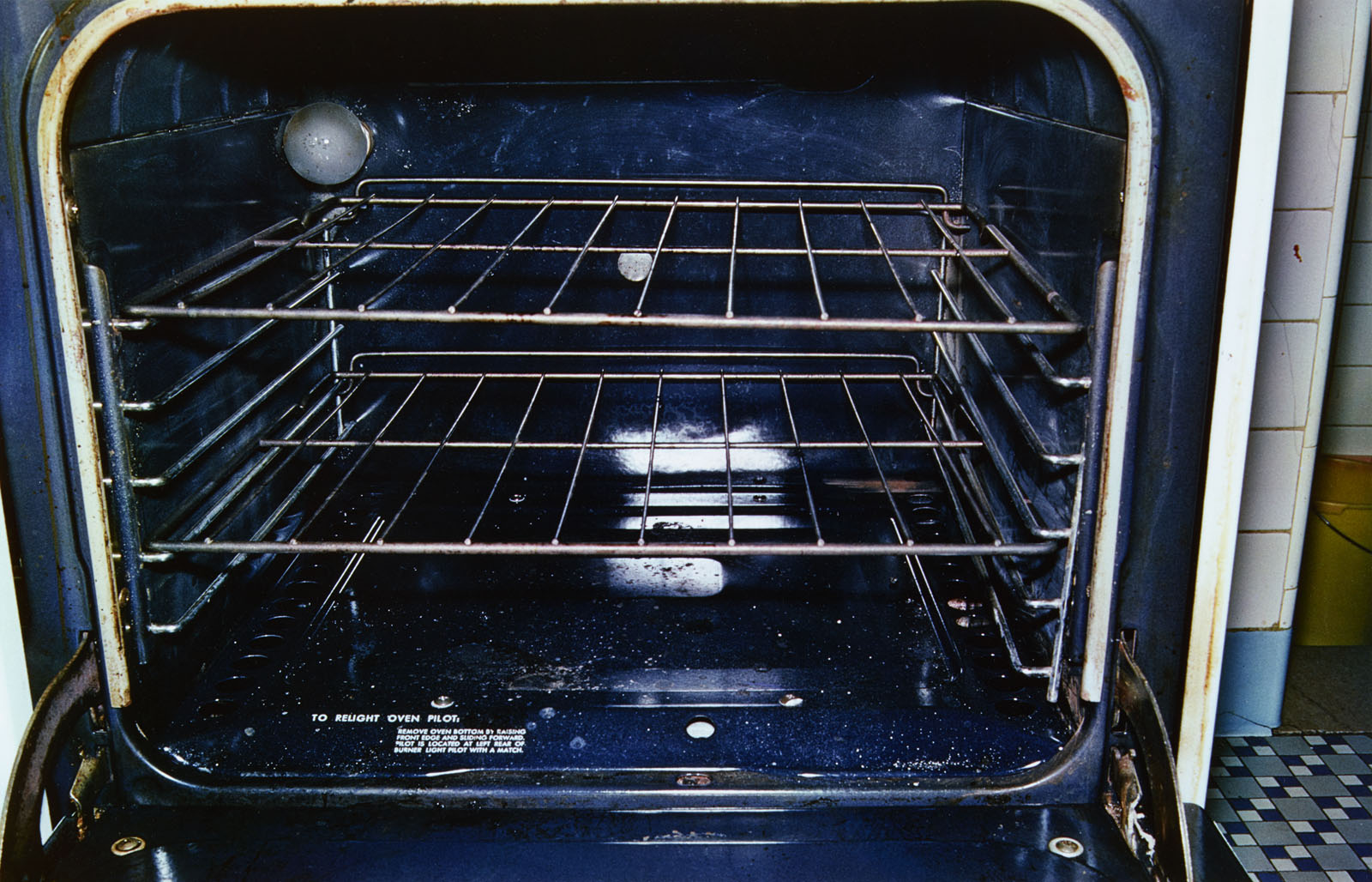

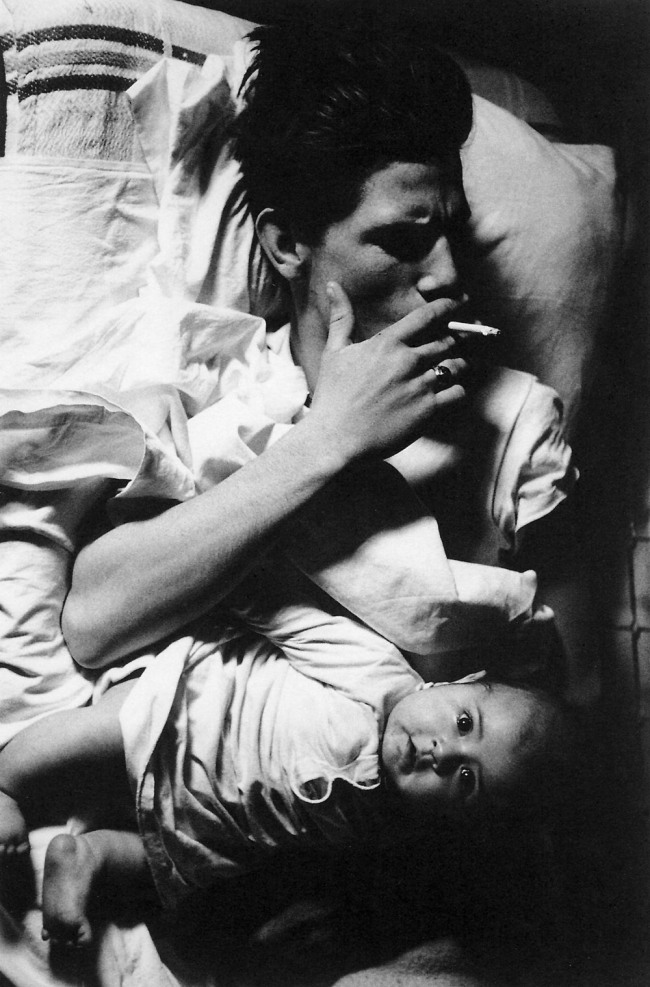
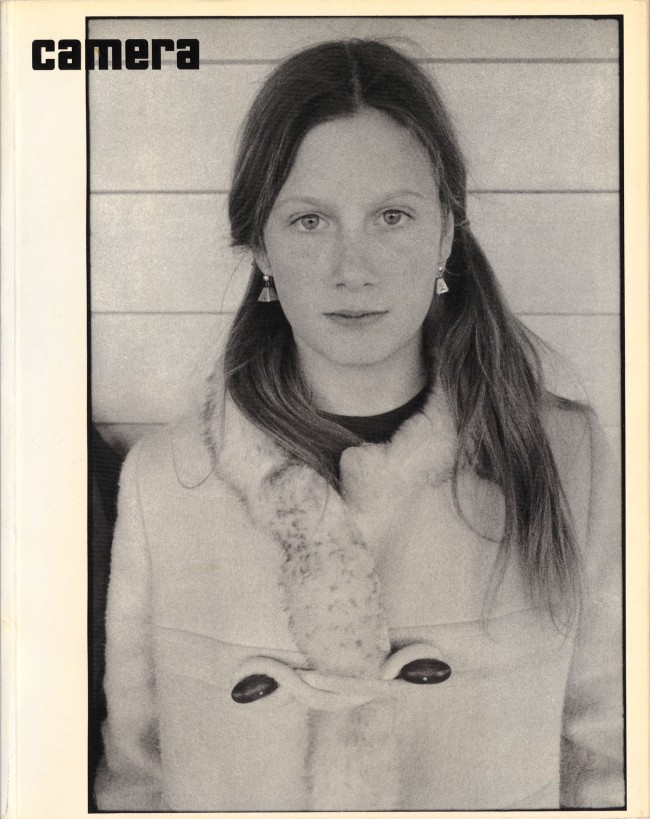
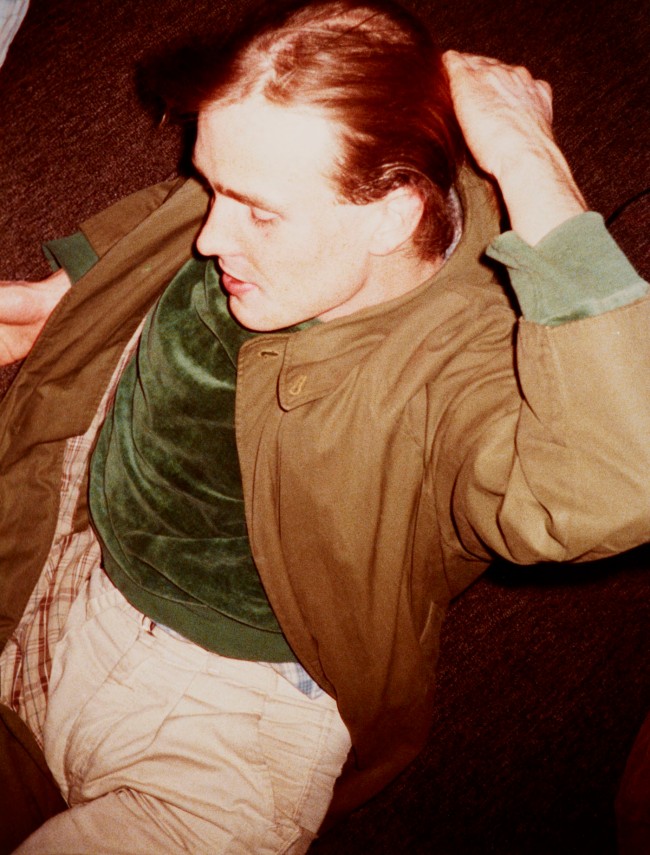
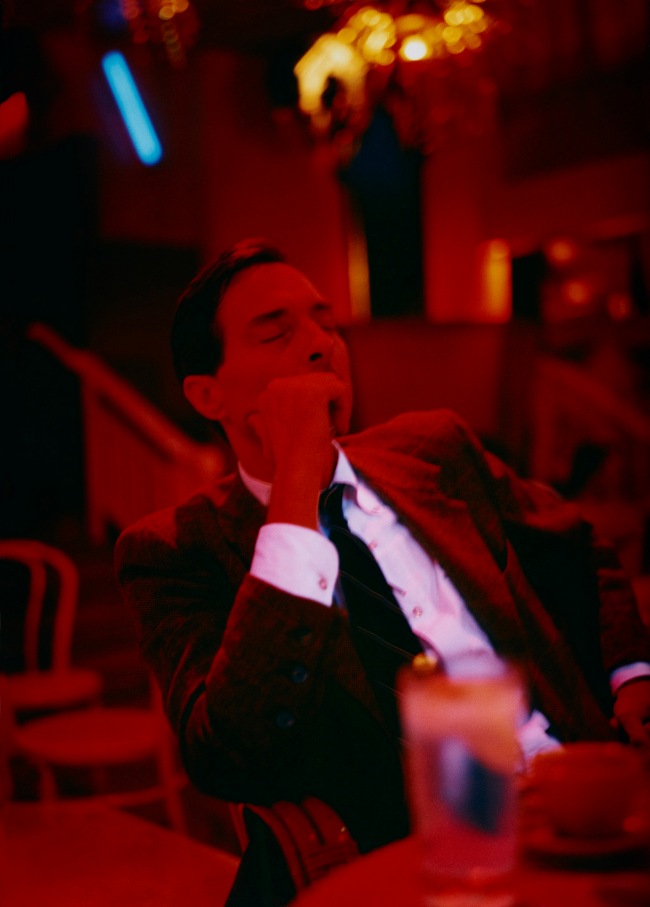
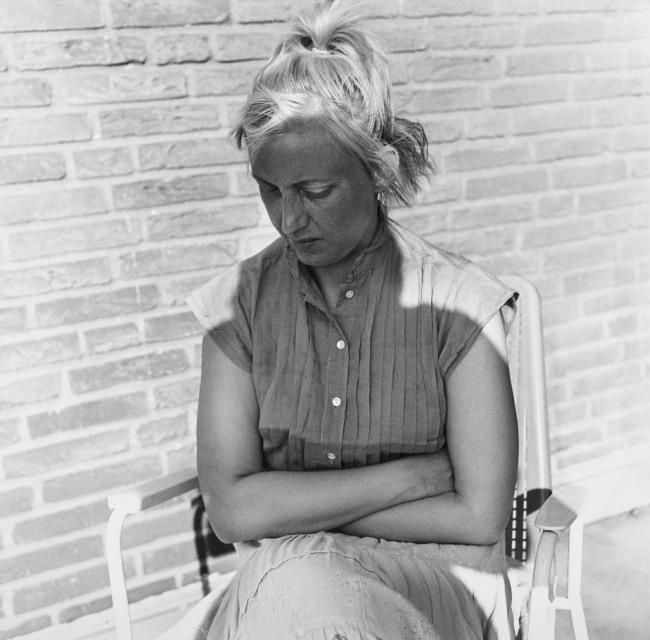
You must be logged in to post a comment.